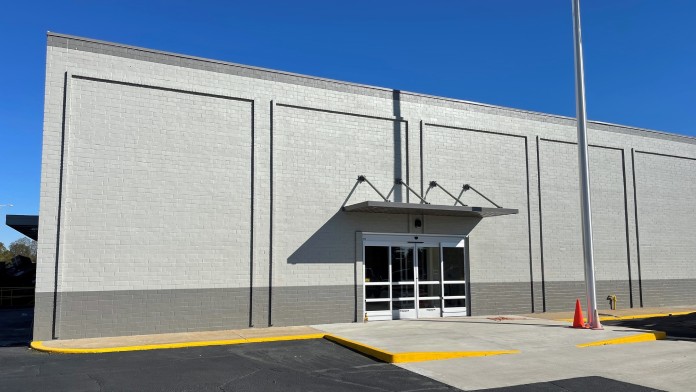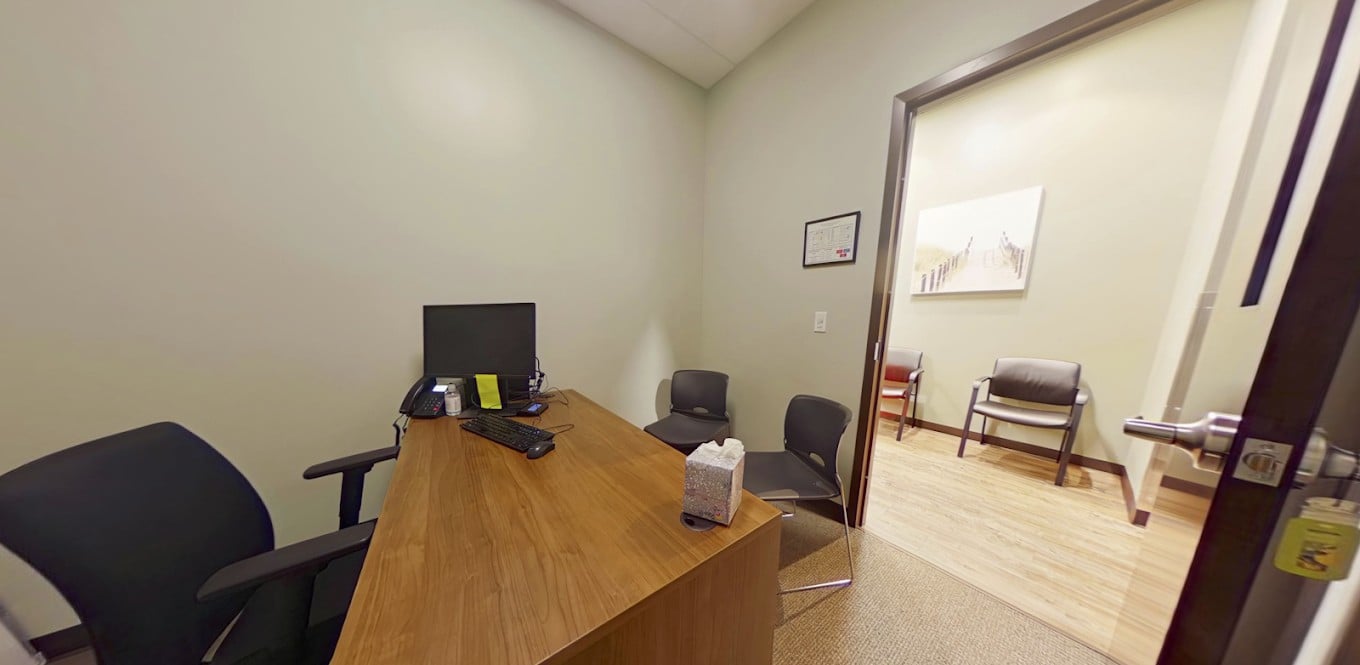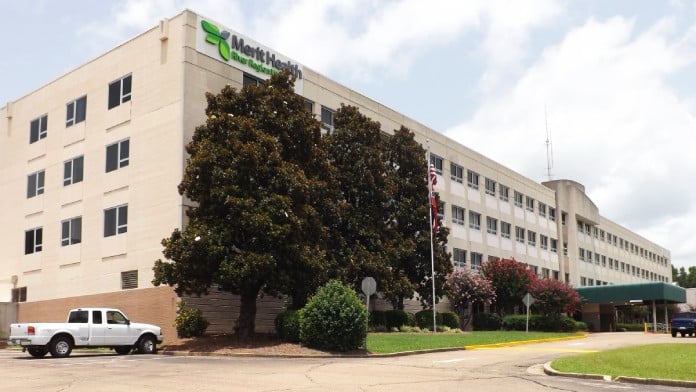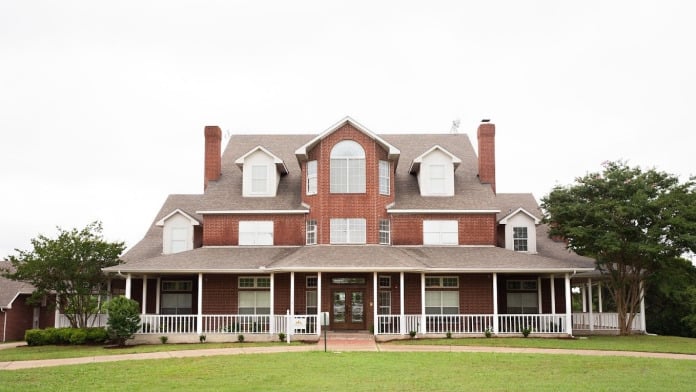About Delta Recovery Center
Delta Recovery Center in Lake Providence, Louisiana, provides drug rehab services to clients of all ages, including kids and teens. Gender-specific programming is provided. As for payment, the center accepts Medicaid as well as self-pay. Sliding scale fees and payment assistance are also available.
Detox and Outpatient Care in Northeastern Louisiana
You can begin your recovery with outpatient withdrawal management support at the facility’s detox center. The team here is on hand to help keep you safe and comfortable during this notoriously uncomfortable phase, while you’ll have the flexibility to return home between sessions.
Addiction therapy and counseling are also offered on an outpatient basis, with individual, group, family and couples sessions available. Therapeutic styles used here include cognitive behavioral therapy (CBT), rational emotive behavior therapy, contingency management, motivational interviewing (MI) and the Matrix Model. 12 Step facilitation is also featured, as well as brief intervention, and sessions focusing on anger management and relapse prevention planning.
Local Attractions to Enjoy Nearby
Program participants can wander by the local Louisiana State Cotton Museum, an archive of the area’s history of cotton cultivation and harvest. You’ll find all the traditions and stories of these practices preserved, with life-sized dioramas, farming equipment and a recreated juke joint on display.
Meanwhile, the winding Mississippi River flows nearby, providing beautiful views and various spots in which to reflect and enjoy the area’s rural surroundings. For a walk on the wild side, you might also stop by the Bayou Macon Wildlife Management Area to seek out local critters and plant life.
These local attractions can provide helpful retreats for contemplation as well as new sober hobbies and interests while you undergo treatment at Delta Recovery Center.
Rehab Score
Gallery
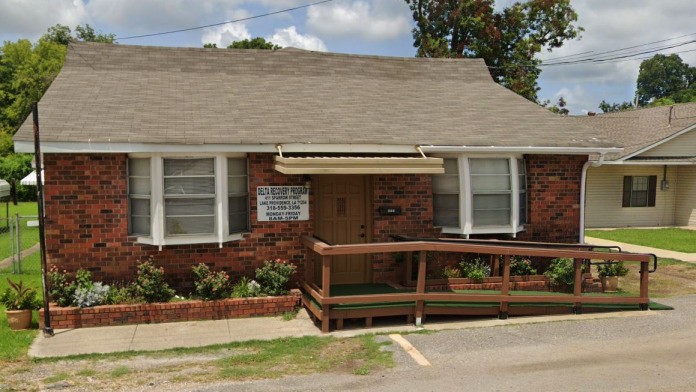
Other Forms of Payment
Medicaid is a state based program that helps lower-income individuals and families pay for healthcare. Medicaid covers addiction treatment so those enrolled can use their coverage to pay for rehab. When a program accepts Medicaid the client often pays very little or nothing out of their own pocket.
Self-pay involves paying for treatment out of your own pocket. You can use savings or credit, get a personal loan, or receive help from family and friends to fund your treatment. If you don't have insurance or your insurance plan doesn't cover a specific program, self-pay can help ensure you still get the care you need.
Financial aid can take many forms. Centers may have grants or scholarships available to clients who meet eligibility requirements. Programs that receive SAMHSA grants may have financial aid available for those who need treatment as well. Grants and scholarships can help you pai for treatment without having to repay.
Sliding scale payments are based on a client's income and family size. The goal is to make treatment affordable to everyone. By taking these factors into account, addiction recovery care providers help ensure that your treatment does not become a financial burden to you or your family, eliminating one barrier to care.
Addiction Treatments
Levels of Care
 Outpatient
Outpatient
Treatments
The goal of treatment for alcoholism is abstinence. Those with poor social support, poor motivation, or psychiatric disorders tend to relapse within a few years of treatment. For these people, success is measured by longer periods of abstinence, reduced use of alcohol, better health, and improved social functioning. Recovery and Maintenance are usually based on 12 step programs and AA meetings.
While each drug rehab in Louisiana offers unique elements, recovery support often follows a similar pattern. Detox is followed by inpatient and/or outpatient care, then aftercare support is provided once the participant completes the initial program.
Opioid rehabs specialize in supporting those recovering from opioid addiction. They treat those suffering from addiction to illegal opioids like heroin, as well as prescription drugs like oxycodone. These centers typically combine both physical as well as mental and emotional support to help stop addiction. Physical support often includes medical detox and subsequent medical support (including medication), and mental support includes in-depth therapy to address the underlying causes of addiction.
Substance rehabs focus on helping individuals recover from substance abuse, including alcohol and drug addiction (both illegal and prescription drugs). They often include the opportunity to engage in both individual as well as group therapy.
Programs

Adult Program

Young Adult Program
Clinical Services
Whether a marriage or other committed relationship, an intimate partnership is one of the most important aspects of a person's life. Drug and alcohol addiction affects both members of a couple in deep and meaningful ways, as does rehab and recovery. Couples therapy and other couples-focused treatment programs are significant parts of exploring triggers of addiction, as well as learning how to build healthy patterns to support ongoing sobriety.
Research clearly demonstrates that recovery is far more successful and sustainable when loved ones like family members participate in rehab and substance abuse treatment. Genetic factors may be at play when it comes to drug and alcohol addiction, as well as mental health issues. Family dynamics often play a critical role in addiction triggers, and if properly educated, family members can be a strong source of support when it comes to rehabilitation.
Group therapy is any therapeutic work that happens in a group (not one-on-one). There are a number of different group therapy modalities, including support groups, experiential therapy, psycho-education, and more. Group therapy involves treatment as well as processing interaction between group members.
In individual therapy, a patient meets one-on-one with a trained psychologist or counselor. Therapy is a pivotal part of effective substance abuse treatment, as it often covers root causes of addiction, including challenges faced by the patient in their social, family, and work/school life.
Contact Information
411 Sparrow street
Lake Providence, LA 71254
